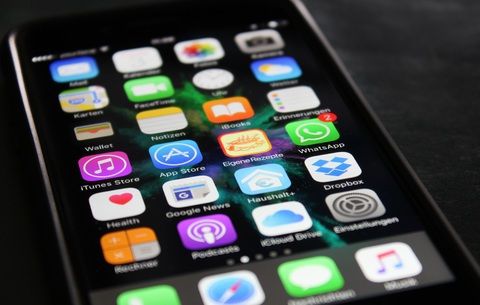Why don't many Americans know what WhatsApp is?
The messaging application is almost a must in some countries. Like in Spain. But especially in India. Where it has practically become the main communication tool. But if we travel to the United States, we may be in for a surprise.





